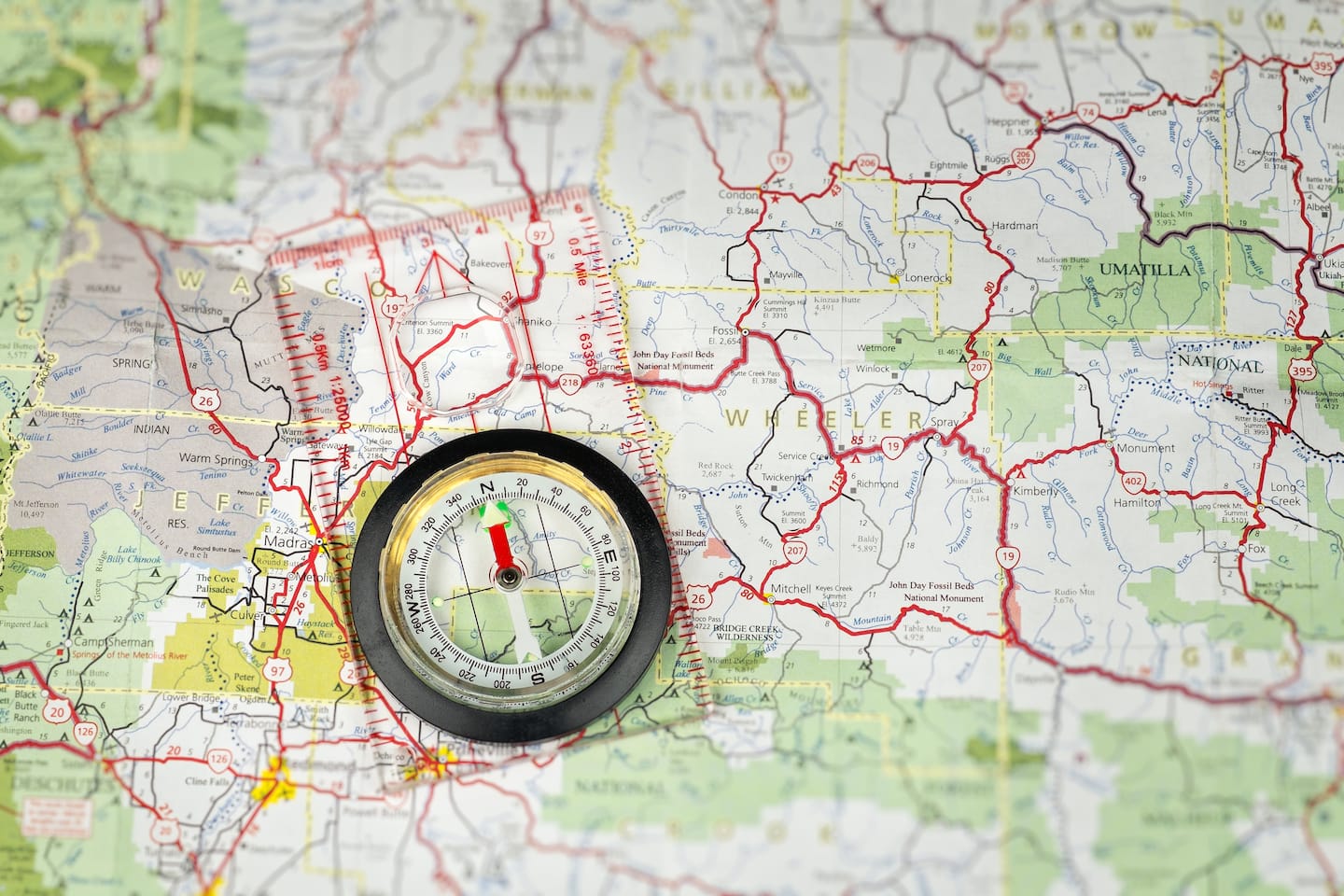GPS is endangered by a misguided FCC decision made during the Trump administration

But now the entire GPS system is endangered by a misguided decision the Federal Communications Commission made during the Trump administration. GPS is vulnerable to interference from ground-based transmissions, yet last April the FCC unanimously granted an application by Ligado Networks, based in Reston, Va., to offer a ground-based 5G service in spectrum, much of which is next to spectrum allocated for GPS.
Why is that likely to be a serious problem? Because Ligado’s signals will be 2 billion times as powerful as GPS signals. Just as an outdoor rock concert would drown out birdsong, the proposed Ligado 5G transmitters would overwhelm GPS signals. Ligado is authorized to begin work, but as a relatively small company unlikely to be able to tackle a nationwide deployment, it is expected to sell the spectrum to a giant wireless carrier, such as AT&T, T-Mobile or Verizon.
Biden should ask his FCC to reconsider. Unencumbered GPS is vital for Americans’ daily lives and for the success of his infrastructure and climate agenda.
Ligado says it will use the newly allocated spectrum for faster 5G Internet service. However, its spectrum would add only a tiny portion to spectrum the FCC has already allocated for 5G — while reducing GPS’s reliability.
Ligado’s engineering studies show little harm from the proposed network, while federal government studies indicate major disruption to GPS. The FCC inexplicably sided with Ligado rather than with neutral government experts. The FCC chairman at the time, Ajit Pai, defended the decision, saying the commission had insisted on safeguards sufficient to avoid interference in making a decision that would “maintain our nation’s leadership in 5G.“
At the time, Trump administration heavyweights Attorney General William P. Barr and Secretary of State Mike Pompeo publicly supported Ligado in their personal capacities ahead of the FCC decision.
Sen. James M. Inhofe (R-Okla.), then-chairman of the Senate Armed Services Committee, was so appalled that he required the National Academy of Sciences to perform an independent review of all the engineering studies connected with the matter. He said, “A few powerful people made a hasty decision over the weekend — in the middle of a national crisis, against the judgment of every other agency involved.”
The Defense Department had concerns, some of which were made public. In 2019, Defense Secretary Mark T. Esper wrote, “All independent and scientifically valid testing and technical data shows the potential for widespread disruption and degradation of GPS services from the proposed Ligado system.”
As part of its approval, the FCC required Ligado to replace any federal equipment damaged through its operations. But Ligado was not required to pay for private-sector equipment, such as car navigation systems and surveying equipment. (Studies indicate that smartphones, happily, would not be affected.)
This is a nonpartisan issue: Both Democrats and Republicans agree on potential damage to national security and the economy.
Sen. Maria Cantwell (D-Wash.), now chair of the Senate Commerce Committee, said in June last year at a hearing on FCC oversight that the commission “has sided against federal experts on weather forecasting, aviation, transportation safety and national security. … Nowhere is this development more obvious than the Ligado decision.”
It is obvious how an unreliable GPS could affect car navigation systems. Less obvious is its role in vital matters such as measuring climate change. GPS is central to scientists’ ability to monitor pressure, temperature and water vapor in the lower atmosphere; changes in snowfall; vegetation in the Amazon; and other indicators.
Matthew Siegfried, a Colorado School of Mines professor, spent nine Antarctica summers setting up GPS field stations to take satellite measures to study Antarctic snowfall. “GPS underlies all climate change science research now. It is a critical piece of infrastructure that we can’t manage without,” he told me by phone.
That’s just one of the countless ways that GPS has become ingrained in modern life. As the president works to move the country forward after the devastating pandemic year, he should urge the FCC to preserve GPS, a tool that will be essential in helping him to achieve his goals.
Read more:






